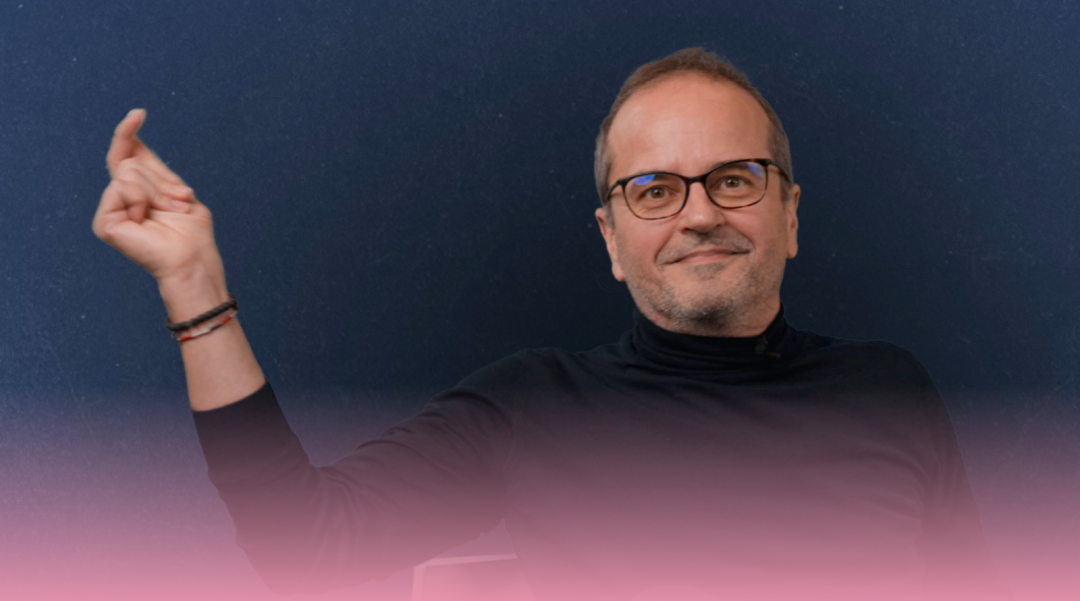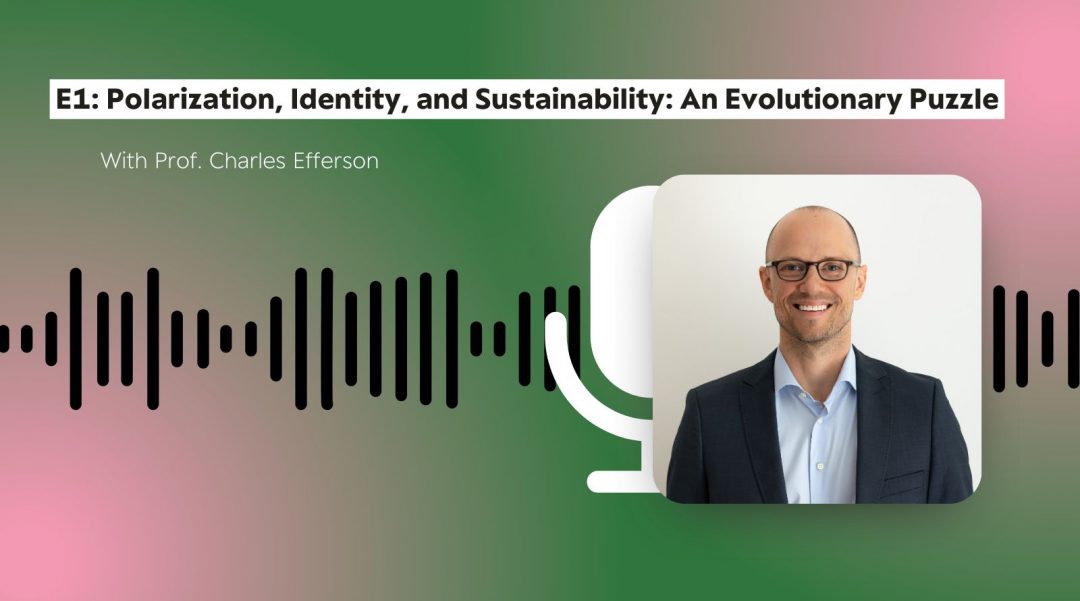End-of-life health literacy matters. In Switzerland, Europe, and much of the developed world, populations are ageing. At the same time, more people are living longer with more chronic conditions and non-communicable diseases. Yet the rise in medical needs isn’t being matched with a greater understanding of the issues so that people can make informed decisions about their later years.
As healthcare providers get better at diagnosing and treating end-of-life conditions, the emphasis is shifting to a more patient-centred care model. The empowerment of older adults and their families to make decisions about care is therefore key, although levels of health knowledge vary hugely.
This is why a new and extensive measurement tool has been developed by Clement Meier, postdoctoral researcher at HEC Lausanne to evaluate end-of-life health literacy skills. It is the first of its kind, globally, and is based on extensive work surveying Swiss peoples’ abilities in this area.1
One of the key research findings showed that a third of older adults in Switzerland have low health literacy levels. They also experience difficulties in managing health-related matters. 1 End-of-life is a sensitive time in peoples’ lives, since individuals and relatives have to make complex medical decisions in situations of poorer physical and mental health.
The stakes could not be higher where choices can determine whether a person lives or dies. Yet many people do not have the tools to make such decisions. 2 By being better informed, people can achieve better outcomes.
“For the first time ever we can now create an end-of-life health literacy rating for anyone. We know that scores are better for women than men; those with better health, education, and financial circumstances also have better ratings. We also found that those with lower scores are less likely to discuss end-of-life issues. This research will allow us to act accordingly,” explains Dr Clement.
“Accepting that we all have an end date that we need to plan for is essential. Discussions about advanced care planning must be had early on with healthcare providers, as well as family members. This is particularly important for cases of dementia. If you don’t do advance care planning, then you can end up with more end-of-life and intensive care. You’re also more likely to die in hospital.”
It’s not just about awareness of options for end-of-life care. There’s also a gap between perception and reality that need addressing. Very few people know that the chances of survival after CPR or cardiopulmonary resuscitation for a 70-year-old outside hospital is very low. Yet the majority still want to be resuscitated. 2
“Those individuals with a more accurate knowledge of CPR survival rates are more likely to refuse resuscitation in case of cardiac arrest. It’s important to improve the population’s knowledge. This will save healthcare providers money and provide a more realistic plans for end-of-life care,” states Dr Clement.
Developing a deeper understanding of the process of dying can help people make more informed end-of-life decisions. The eventual aim is to encourage public policies that improve people’s ability to make educated choices.
Picture © Oleg Gapeenko | Vecteezy.com
- A public health perspective on older adults’ end-of life health literacy in Switzerland. PhD thesis 2023, Lausanne.
- Perceptions and Knowledge Regarding Medical Situations at the End of Life among Older Adults in Switzerland, Meier et al, Journal of Palliative Medicine, 2023, Apr. 26
- Overestimation of Survival Rates of Cardiopulmonary Resuscitation Is Associated with Higher Preferences to Be Resuscitated: Evidence from a National Survey of Older Adults in Switzerland, Medical Decision Making 2023, Clement Meier, Sarah Vilpert, Maud Wieczorek, Gian Domenico Borasio, Ralf J. Jox, and Jurgen Maurer.




